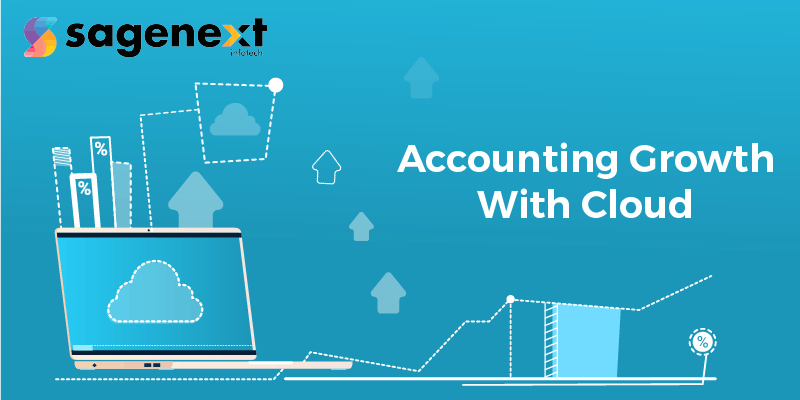
The Easiest Way to Grow Your Accounting Practice Using the Cloud
Cloud technology is changing the accounting world, whether you use it or not.
Only a few years ago, nearly all the accountants were onsite. Numbers are easy enough to work with from anywhere but speed, communication, and security made it easier to keep everything under one roof. Staff accountants had their corner of the office and CPAs worked from a fixed location serving local businesses. The technology just wasn’t there yet to do it any other way.
Today, we have the technology to take the accounting task on the road with incredible speed and security. It’s called “the cloud.” Cloud-based accounting is reshaping the industry, whether you use it or not. As client expectations shift, firms who are in the cloud will benefit and those who are not will fall behind. Here are three ways you can use it to grow your accounting practice.
Shrink the world and specialize
Specialization is increasingly important in accounting. As business owners become accustomed to personalized services, they want to work with an accountant who specializes in their industry, niche, or in a specific service they need. It’s becoming harder for the generalist to compete.
This type of specialization is easier as the cloud effectively shrinks the world. An accounting firm that works exclusively with lawyers, for instance, would be a challenge if you were limited to only the law firms within your community. Building a large enough industry-specific client list in your local market may not even be possible. Today, an accounting firm can serve lawyers from every corner of the country with no trouble.
By expanding your reach and serving clients anywhere in the country or even the world, you have access to more of the exact type of clients you serve best. This is a great opportunity to zero in on a specialty and become known as the expert in your niche.
Outsource your team
Whether you work remotely or from a traditional office, cloud accounting allows you to expand your team beyond your location. You can easily, securely build a team who work from home or other remote locations.
Looking to add bookkeeping services to your accounting firm to bring in additional revenue? No problem. You can bring in a bookkeeper, accessing the same system you already use, without him or her ever needing to come to your location to work. The size or location of your office is no longer a limiting factor when it comes to growing your team so you can grow your firm.
This can also take the form of easier collaboration with other firms. If you don’t like payroll work, you can partner with a payroll company to give your clients a simple package deal. If you do day-to-day bookkeeping but not tax, you could work with a tax pro to offer everything under one “roof” because nothing is truly under a roof at all. You can collaborate easily and efficiently from anywhere using cloud technology to maximize convenience for both you and your clients.
Take the tech off your hands
Your clients hire you because accounting is your expertise, not theirs. They want the freedom to focus on what they do best. This is also a great reason for you to consider cloud-based accounting tools.
When you run your accounting software in the cloud, you take technology off your hands in several ways:
- With software running on a server elsewhere, you greatly reduce the hardware requirements in your office.
- IT support and regular backups are always available without having to call someone in to check your machine.
- Off-site backup protects your critical data in the event of a fire, flood, or other catastrophes that could damage your computer systems.
How to take your firm into the cloud
All these benefits can help you grow your firm and increase your revenue, but how exactly do you make that transition to the cloud?
Some software applications already rely on the cloud. QuickBooks Online is a good example of this. Rather than loading the software on your computers and hosting it yourself, you log in to access the software on a cloud host. But many accounting tools don’t work this way and the ones that do often have reduced functionality. Again, QuickBooks Online is an example, since the online version doesn’t offer some of the features available in QuickBooks Desktop.
If your firm requires desktop software applications to serve your clients best, you can use a cloud hosting provider like Sagenext to externally host your software. You’ll be able to access it from anywhere with all the benefits of the cloud. This also enables you to access the same software from multiple locations if you have more than one branch or a remote team spread across the country.







